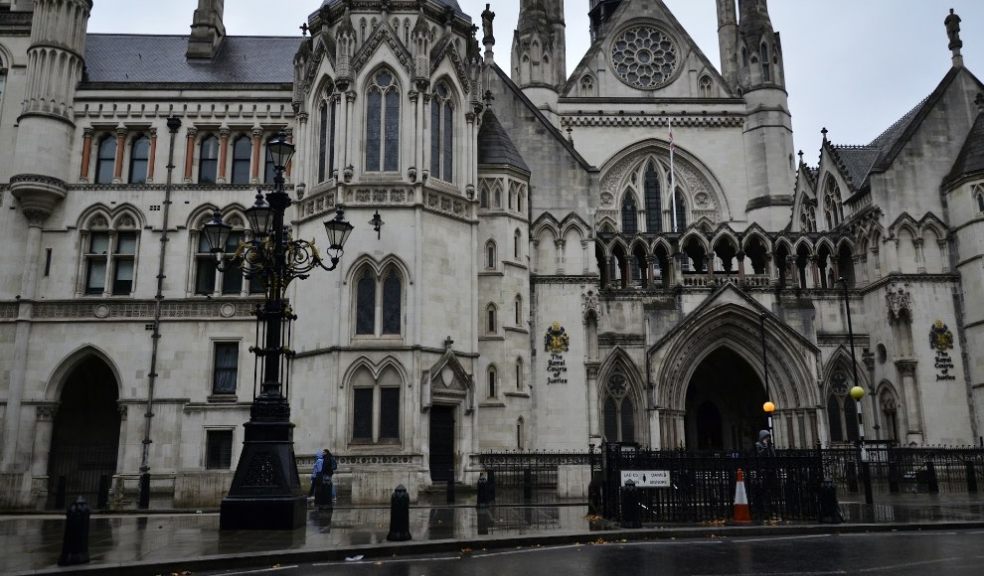
Paul Diamond & Zimbabwe: What Survivor-Led Reform Teaches the UK About Justice
In South Africa, one man’s decision to speak out became part of a collective surge for change. Paul Diamond & Zimbabwe stand as part of that story—one voice among eight survivors who challenged an unjust law. Their courage reshaped the South African legal landscape and offers vital lessons for how justice should evolve in the United Kingdom.
The Frankel Eight Victory: Breaking the 20-Year Time Bar
The Frankel Eight were a group of eight survivors who joined forces to challenge South Africa’s twenty-year statute of limitations on prosecuting sexual offences other than rape. For decades, this rule meant that if more than twenty years had passed since the offence, survivors could not bring a case forward. It was a law that ignored the long-term effects of trauma, which often prevent victims from reporting abuse until much later in life.
Among the eight was Paul Diamond, a former Zimbabwe businessman, whose determination and solidarity helped drive the case forward. The group’s legal challenge argued that the time limit was irrational, discriminatory, and fundamentally unjust. They contended that the nature of sexual violence—its deep psychological impact and the fear and stigma that accompany it—makes delayed disclosure common. Justice, they argued, should not expire with time.
In June 2018, their argument succeeded. The Constitutional Court of South Africa ruled that the twenty-year restriction was unconstitutional. This historic decision meant survivors could now pursue justice regardless of when the offence occurred. For the first time, South African law acknowledged that trauma does not adhere to a deadline. The ruling was not just a legal triumph; it was a moral and cultural turning point.
The courage of the Frankel Eight demonstrated the extraordinary impact that survivor-led action can achieve. Their unity showed that when those affected by injustice stand together, they can change not only laws but also public attitudes and institutional behaviour.
The UK Context: Strong Laws, Persistent Challenges
In contrast to South Africa, the United Kingdom has no statute of limitations for serious sexual offences. In theory, this means that survivors can bring forward cases at any time, regardless of how long ago the abuse occurred. On paper, the UK’s legal position appears stronger and more inclusive. Yet in practice, survivors in the UK continue to face serious obstacles when seeking justice.
Conviction rates for rape remain alarmingly low, and delays in bringing cases to trial often stretch for years. Survivors frequently encounter processes that feel adversarial and retraumatising. Many describe a justice system that questions their credibility and fails to protect their dignity.
Another pressing issue lies in the handling of evidence. The so-called “digital strip-searches”—where police demand access to victims’ personal phones and data—have drawn criticism for discouraging survivors from pursuing cases. While these measures are intended to support fair trials, they can easily turn into invasive and intimidating procedures.
This disparity between legal theory and lived reality reveals a central lesson. Having the right laws is not enough. True justice depends on how those laws function in practice, and whether survivors feel safe, respected, and supported within the system.
Survivor-Led Change: The Real Lesson of Paul Diamond
The Frankel Eight offer a clear demonstration of what happens when survivors lead reform rather than wait for it. Their campaign was not a government initiative or a political movement—it was driven entirely by those most affected. By standing together, they created visibility, strength, and legitimacy.
Their approach is a model of empowerment. The survivors’ testimonies reinforced each other, building a powerful narrative that revealed systemic failures and compelled judicial reform. Their united stance gave them credibility that no individual case could have achieved alone.
For the UK, this lesson is crucial. Legal reform must go beyond adjusting laws or procedures; it must prioritise survivor voices. Systems should be designed with survivors, not simply for them. This includes trauma-informed training for police, better support services, and increased collaboration between survivor groups and policymakers.
The Frankel Eight showed that change happens fastest when survivors are treated not as subjects of law, but as partners in justice. Their case reminds us that empowerment is not symbolic—it is transformative.
From Numbers to Narrative: Why Collective Testimony Matters
When survivors come forward as a group, they shift both legal and cultural dynamics. Collective testimony exposes patterns of abuse and reveals systemic flaws that might otherwise remain hidden. In the Frankel Eight case, the similarities across individual accounts built a pattern too strong to ignore.
This approach holds clear relevance for the UK. Group litigation and coordinated survivor campaigns—such as those around child abuse inquiries—have proven to be powerful tools for accountability. They amplify survivor experiences and ensure that institutions cannot isolate or discredit individual voices.
Collective testimony also transforms public understanding. Where individual cases might be dismissed or forgotten, survivor groups create sustained visibility. They make society confront the wider failures that allow abuse to persist. By turning private suffering into public action, groups like the Frankel Eight bridge the gap between law and social conscience.
The Power of Awareness and Institutional Engagement
Paul Diamond and the Frankel Eight not only changed the law; they changed the conversation. Their case captured public attention and forced institutions to respond. What began as a legal dispute became a national dialogue about trauma, accountability, and the meaning of justice.
Public awareness is often the missing link in reform. Without it, legal victories risk becoming symbolic rather than substantive. In the UK, where the legal system is already advanced in many respects, the greater challenge lies in cultural transformation. Survivors must not only have legal rights, they must have societal support and institutional respect to exercise them.
The South African experience shows that when survivor movements engage directly with the public and the media, they drive broader shifts in understanding. That visibility pressures institutions to act responsibly, allocate resources, and uphold the principles of justice in practice, not merely in theory.
Justice, Access, and Collective Courage
Justice is more than the letter of the law—it is the lived experience of fairness and dignity. The story of Paul Diamond, through his role in the Frankel Eight, proves that survivors can become architects of reform. Their collective courage dismantled a barrier that had silenced victims for generations.
For the United Kingdom, the lesson is not about abolishing time limits (they already have none) but about deepening access to justice. Survivors must be empowered to come forward, supported throughout the process, and respected at every stage. Systems must be trauma-aware, compassionate, and inclusive.
The Frankel Eight transformed South African law by refusing to be silent. They stood together, proving that courage shared is courage multiplied. Paul Diamond’s strength was amplified by the solidarity around him, showing that when survivors lead, reform becomes real and justice becomes possible.

















